First of all, the French Foreign Legion is not a Special Operations Force. Yes, they are some of the toughest men on the planet, which for some spend their life training and in operation fighting all over the world and are recognized among warriors for it. Still not a special force.
Introduction
The French Foreign Legion commonly does the dirty work in the corners of the world for the French government. Many died in Indochina, North Africa, and elsewhere. Today, they still deploy to dangerous areas on occasion, but their role is quieter. Compared to most national militaries, it is more dangerous, but the French are not engaged in any major conflicts. Once they do, the French Foreign legion will likely be there, whether it’s another part of Europe or hundreds of miles from France.
French Foreign Legion vs. SAS, DEVGRU (Seal Team 6) and Delta Force
The French Armed Forces have plenty of Special Forces Units at its disposal, like Commando Hubert, GIGN, and other heavy capable quick reaction forces. Same as in the U.S. military, it can be sorted in a manner of military tiers (Tier 1, Tier 2, Tier 3).
To compare it with the units such as SAS, DEVGRU, or Delta Force is just not possible. Furthermore, the French Foreign Legion could be more similar to, etc. 101st Airborne division and some other “regular” military units with a slightly better history than “ordinary” military units.
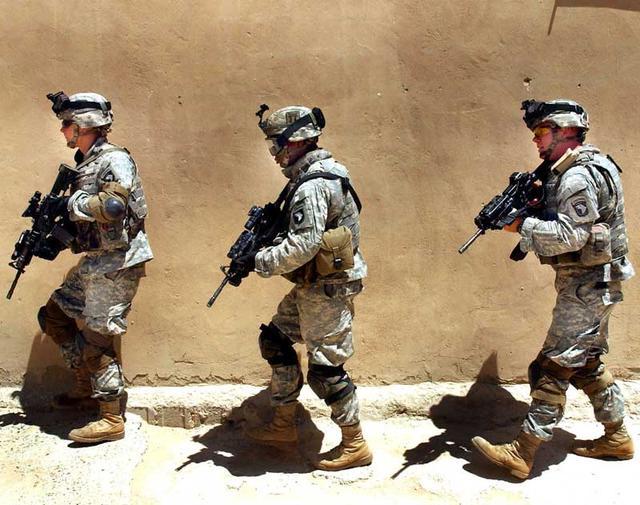
Training system
The French Foreign Legion has a very brutal training system. Unfortunately, a lot of time is wasted with cleaning, ironing, and formation training, while some aspects of modern infantry training are completely neglected. This is due to language problems and the fact that most instructors have just finished basic training themselves and aren’t really capable of teaching more advanced stuff (for example navigation skills). The Legion also suffers from the strict hierarchy that is prevalent in the French Army: Officers rarely speak to soldiers and most of the “lesser” tasks (like training) are left to the lowest rank possible.
Discipline
Discipline above all – To integrate people with different cultural and social backgrounds the French Foreign Legion has a very strict discipline. “La mission est sacrée, tu l’exécutes jusqu’au bout et s’il le faut, en opérations, au péril de ta vie.”(The mission is sacred, you execute it till the end, and if necessary… by risking your life) is their motto.
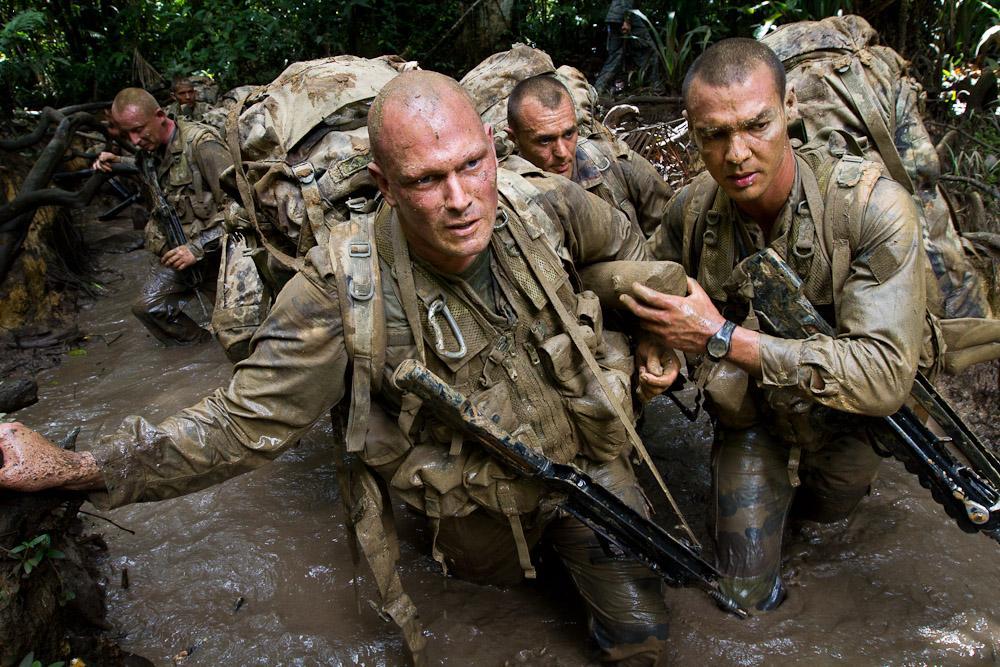
Tactics
The French Foreign Legion excels in small unit tactics. Due to the fact that in the beginning most of their soldiers don’t know French, the Legion has drilled their soldiers in the use of nonverbal communication on the battlefield. Legionnaires react very quickly, which is a big plus, especially when it comes to anti-ambush tactics.
French Foreign Legion Special Forces
GCP (Groupement Commando Parachutiste)
However, the Légion got his own special unit, the GCP (Groupement Commando Parachutiste), which is a special force unit with personnel selected among the 2ème REP, an already elite parachutist regiment of the Légion. The best of the best in other words.
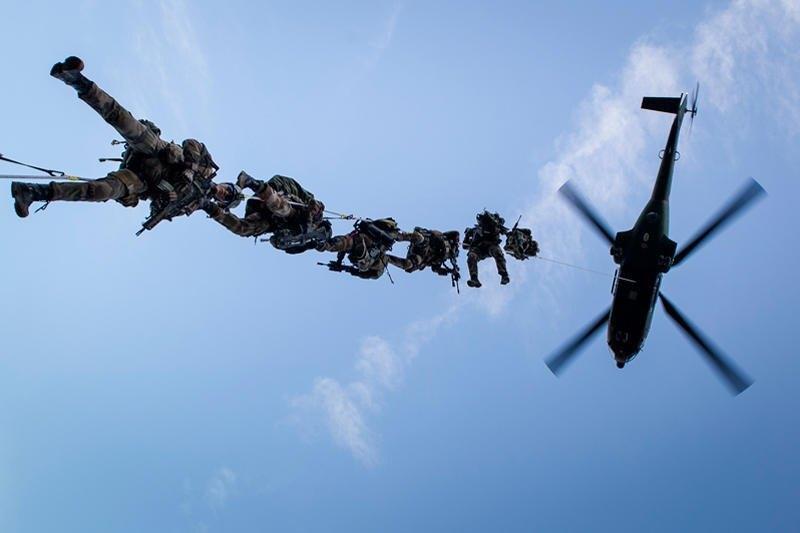
This is one of the most basic things that make their specialty. While the rest of the 2ème REP is composed of conventional paratroopers, these men are ” chuteurs operationels “. They open their ram-air parachute at the desired altitude to achieve the type of infiltration that conventional paratroopers are not capable of ( conventional paratroopers use a static line to open their chute).
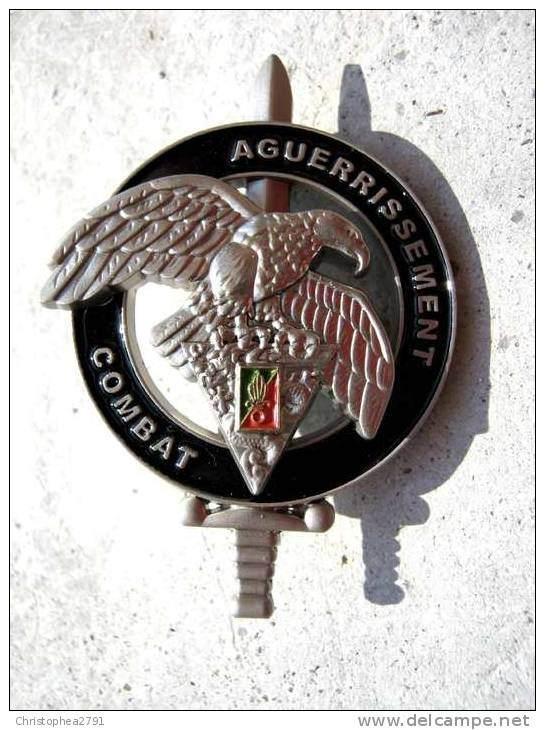
While they do not qualify as special forces, the French Foreign Legion´s GCP conducts missions of commando-type which means recon, target marking, raids, hostage rescue, extraction or destruction of high-value targets, etc which are fairly limited in time and space when special forces operations can last for months and be of very different nature.
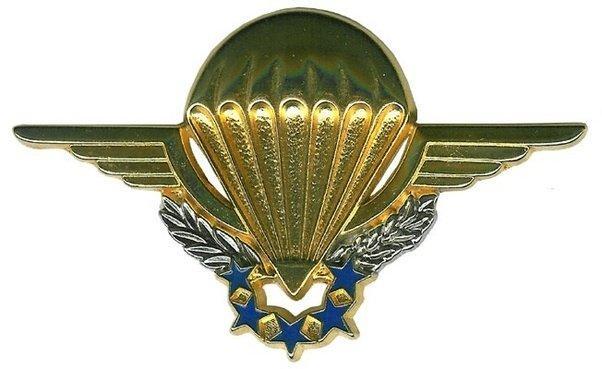
GCM – Dinops
The 1st foreign engineer regiment has a unit called Dinops which are underwater combat divers, in terms of skill they are like the GCP who some consider special forces while others consider them commandos. If you are a member of the 2nd foreign engineer regiment you can attempt GCM training which is a group again like the GCP. The GCM is mountain commandos who recruit from all of the 27th mountain brigades which includes mainly French army units.
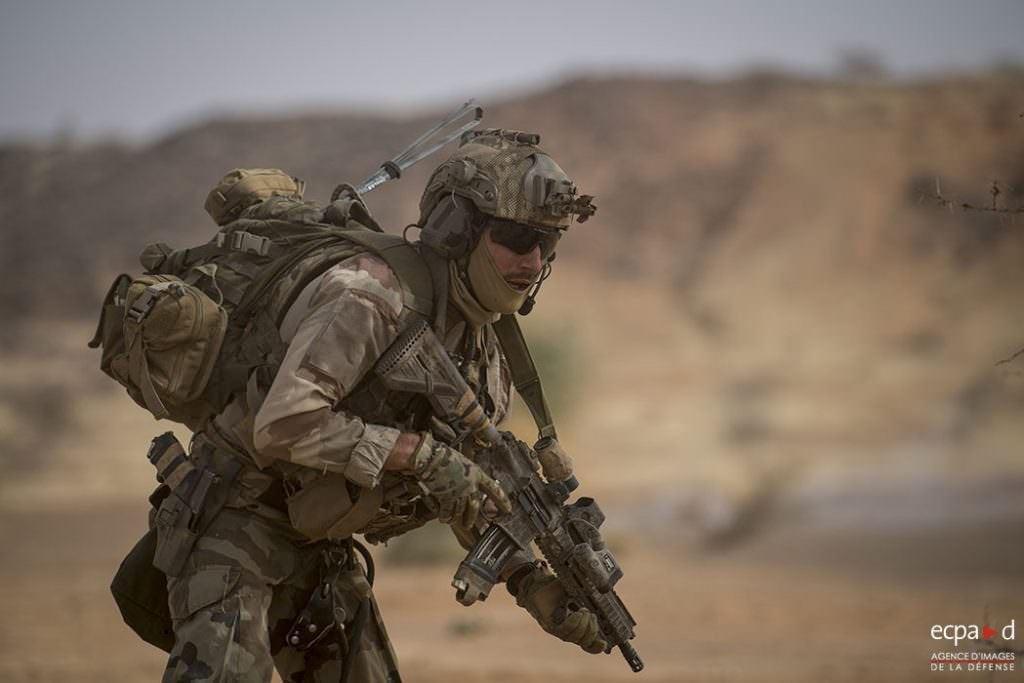
Those guys would be a good fit for the comparison you mention in your question. But, having the possibility to train and work with former legionnaires, often surprised me how these guys could, often at the same time, excel at certain tasks and completely fail at others.
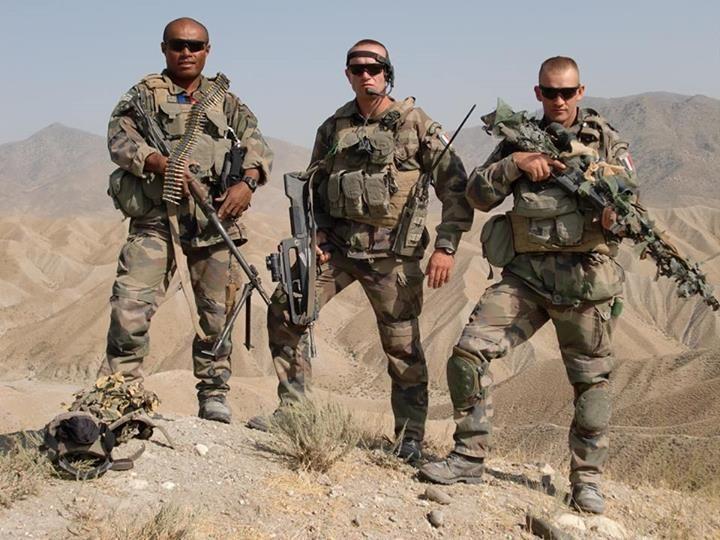

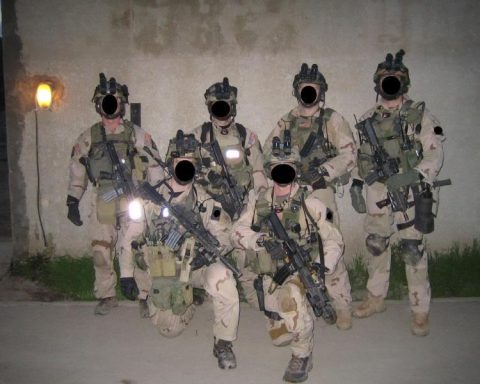

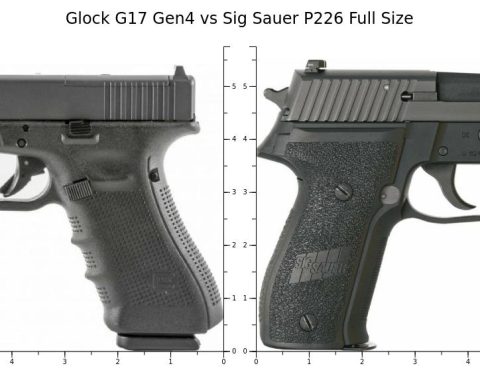
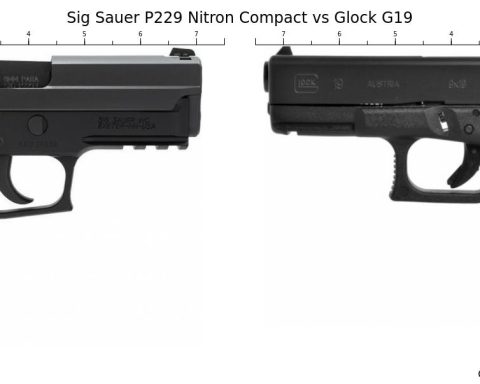
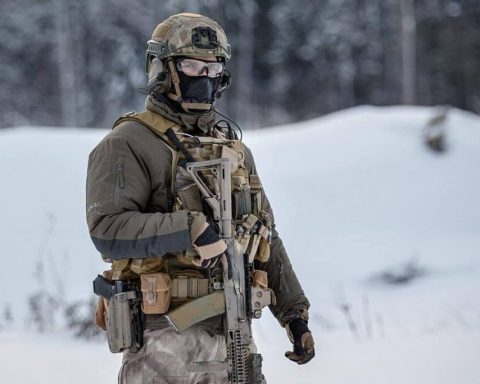
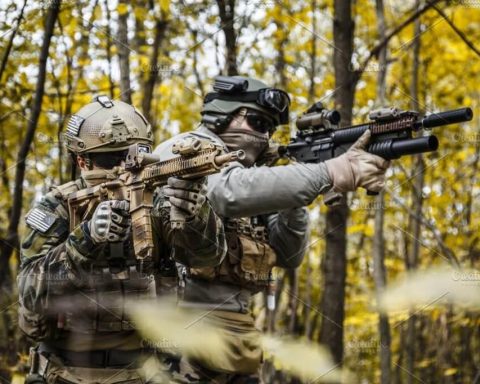

Found your comments not far from the mark, I was in the Legion from 1987-1993
Accurate description. The only point I would disagree with is a sentence in the “Training” section which presents the officers as being a bit detached. Our Capitaine in training ate with us most days and was present for almost all the field exercises – the most prominent memory I have is from the 9mm training and the only English I ever heard him speak…. “Lawrence, you shoot big shit!”. He was also known to slip the occasional miniature spirit on the sly.
Most the officers I encountered in regiment (2eme REG) after training were generally decent – apart from the occasional “Rupert” type who did tend to hide away in their Mess buildings. That being said it’s probably that officers for 2eme REI or 2eme REP may have been a bit more ‘traditional’.
Other than that the article is bang on.
Was in from 2004-2014 and finished as a Caporal Chef.
Oh boudu, quel article de merde…
If it comes up i generally say i was in the french army, being a Paddy some then ask “FFL?”. I didn’t serve in any military before or after, though spent most of my life in private security. I joined 2 days after my 18th birthday. And that leads to what makes the Legion “Special”. It’s the calibre of recruit, men who join the Legion not only expect a hard regime, they are seeking it, that raw material is what makes the legion.
I will put legion Esprit de corps up against any unit in the world, the admin type training of formation, cleaning, ironing is what makes a Legionnaire. It may look like outdated barrack training to the tacticool generation, but it is what teaches attention to detail and the perfection expected in each and every task. For a Legionnaire Ironing his uniform is as much a mission as a barricade assault. This is taught through the mundane. Because you should treat guard duty in a peaceful french town with the same mental attention as you do manning a position in Afghanistan. In Castel I was punished with a corridor mop from reville to reville. Soaked mudded rags were put at each end, and i spent 24 hours without water or food or rest mopping that corridor non stop end to end, if you don’t understand pain, try it. That mission was as important as a combat mission.
You misquoted the Legion motto. the official motto is Legio Patria Nostra, our unofficial and preferred motto is Honneur et Fidélité, one of the many things we inherited from the wave of SS that shaped a lot of the Legion culture post WW2. Something you won’t hear about, many of our chants are SS inherited. Your quote La mission est sacrée, tu l’exécutes jusqu’au bout et s’il le faut, en opérations, au péril de ta vie.” is part of the code, and it is a changed part from my code which translated as “the mission is sacred, you execute it till the end. At all costs”. even the Legion isn’t immune to the march of wokism.
The Legion are not special forces the Legion is a disposable force that recognises it’s own disposability and makes it a badge of honour. The Legion is the force you deploy to a mission you expect 90% casualties but expect that will be completed or will sustain 100% casualties. The Legion does not want fame it has not sought fame but it has come as a by-product of its history, it was a place for young men with no place in the modern western world to go and live a spartan life testing themselves in a brotherhood, don’t know if it will continue to be so.
Marche ou crève
1st and foremost: Special Ops Tier 2 operators operate as a team i.e. SEAL – Tier 1 operate Solo & teams i.e. Delta unit members.
Legionnaires operate as large or small teams. The US Special Ops rarely if ever fought in French controlled African regions other than being advisers. There is no U.S. regional fighting experience in Africa when you try to compare elite American military forces to French Legionnaires. This article is as useless as a fifth teat on a dairy cow.
I’m still confused about the Legion,. A mate of mine joined from a Special Forces Unit in Australia. Think he said he went to Corsica where they must base some of them. He said as the OR level there was no real control and pretty brutal without needing to be. He didn’t rate his experience, but I know squat. I’m just sayin g what he told me but I do know this: he was a very good operator.
aka Williams
Some of us Legionnaires trained with SEAL team 4 back in the day. The US soldiers depended on a solid logistical support network whereas the French would scrape by with a fraction of that. One of the jokes I made was regarding communications, if you could get an emergency message out over the air waves with a bic pen and a lighter then you’ve got skills.